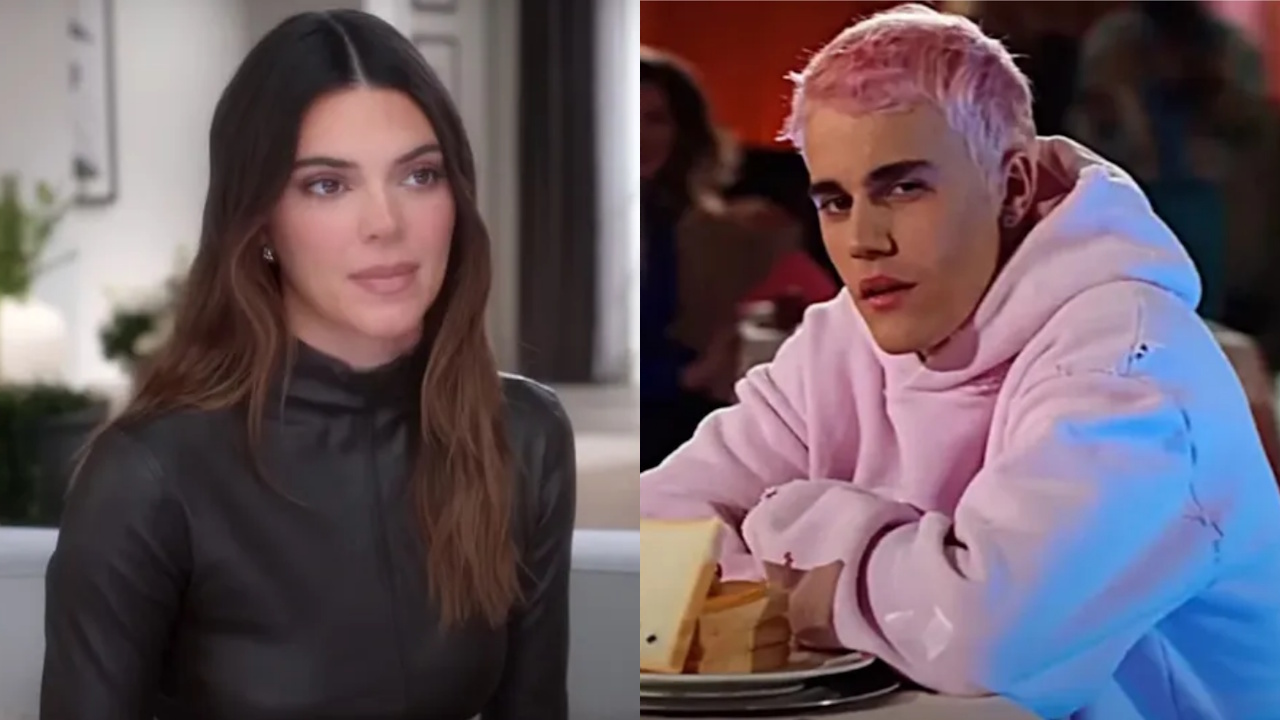The Story Behind How Wicked Connects So Deeply With The LGBTQ+ Community
Like a handprint on my heart...
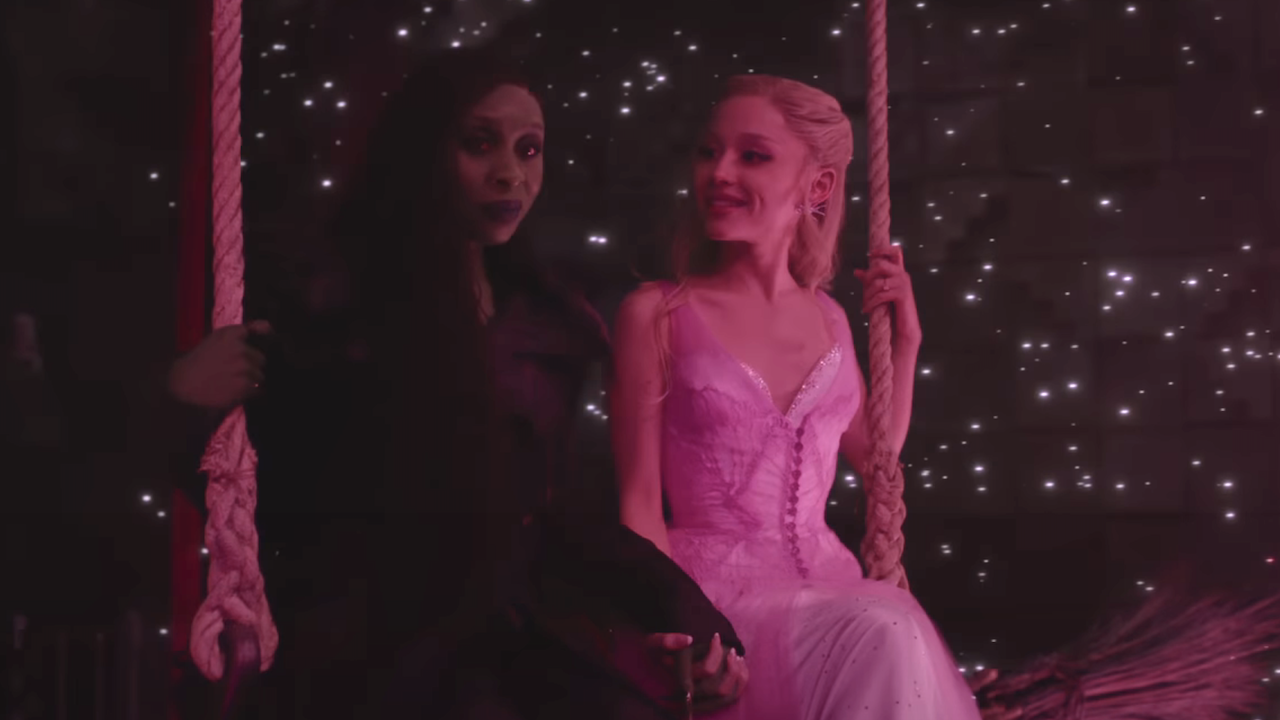
This Pride Month, we continue to celebrate the representation of LGBTQ+ people in media here on CinemaBlend as the month itself was created as a way to commemorate the anniversary of the 1969 Stonewall Riots. Since the first Wicked: For Good trailer finally dropped during the first week of June, it’s a great time to talk about the lasting impact of the musical’s connection to the queer community.
From its roots in The Wizard of Oz to the coming release of Wicked: For Good this November, the cultural phenomenon has long found a deep connection with queer people. Let’s get into it, because it’s an important piece of its legacy.
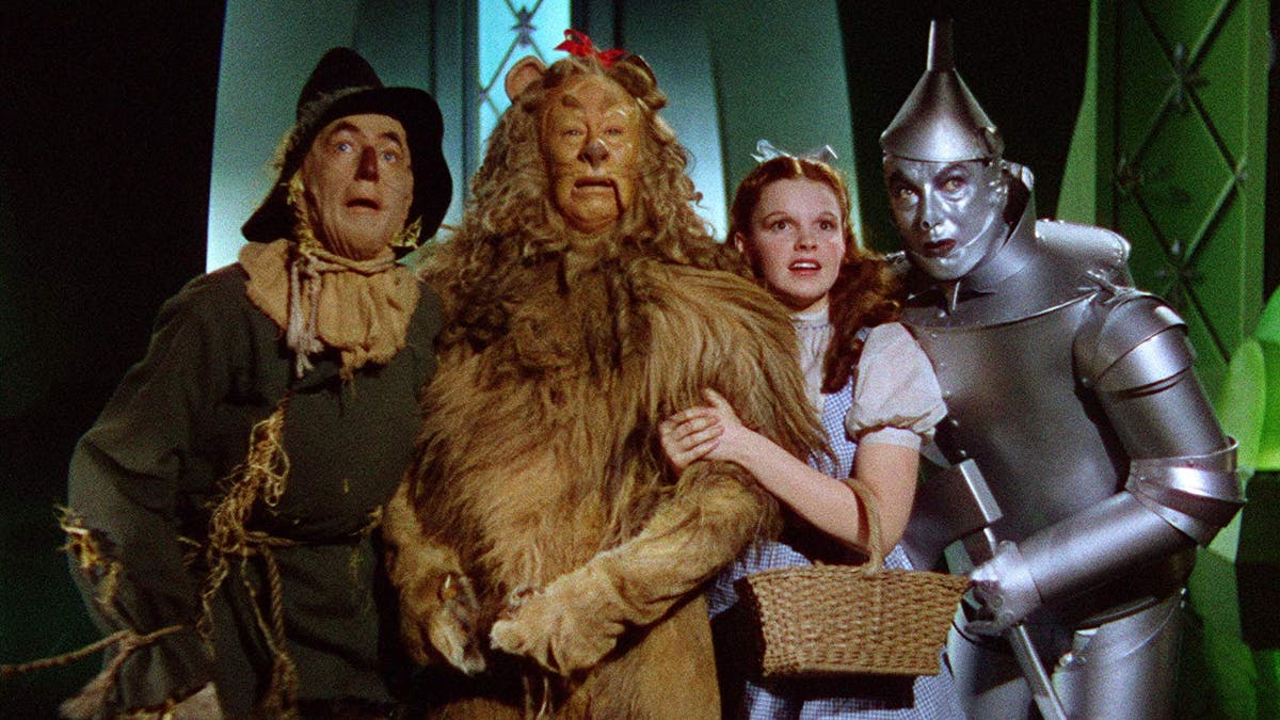
The Wizard Of Oz Has Long Been Thought Of As Queer-Coded
You can’t really talk about Wicked without going way back in time and starting with The Wizard of Oz. Based on the Oz books from L. Frank Baum, one of the most iconic movies ever made by Hollywood is of course 1939’s The Wizard of Oz movie starring Judy Garland. It’s a classic-period to every fan of cinema, but it also holds a lot of significance to the queer community.
No, there’s not explicitly any LGBTQ+ characters in the musical fantasy, but there’s something about Dorothy leaving her black and white world to go “Somewhere Over The Rainbow” that does make it explicitly queer coded. When Dorothy arrives in the beautiful Technicolor world of Oz, she finds solace in a group of outsiders like herself coming together to protect her. The movie’s “found family” story has resonated with queer audiences for decades, especially before there were actual queer characters anywhere to be found in media. There’s also this camp quality to the movie that has long served as inspiration for the queer community, particularly through drag queen performances.
And these days The Wizard Of Oz is so intertwined with the LGBTQ+ community that it’s hard to even separate the two, such as the saying “friend of Dorothy” becoming a code gay men used to identify each other and themselves back in the day when many more were closeted. Or, there being speculation that The Wizard Of Oz in part inspired the Pride Flag being a rainbow as a reference to the film as well, per Queer Sites by David Higgs (via Google Books).
There’s also the piece that Judy Garland is hailed as a gay icon, too. LGBTQ+ scholar Nathaniel Frank said (via EW) because she “compared herself to a wind-up doll, manufactured by adults for their entertainment” and was “was never able to really be herself. And yet, when she performed, she exhibited this level of authentic emotion,” she developed such a prominent following of gay fans who could identify with her struggles, and came in droves to support her during her career.
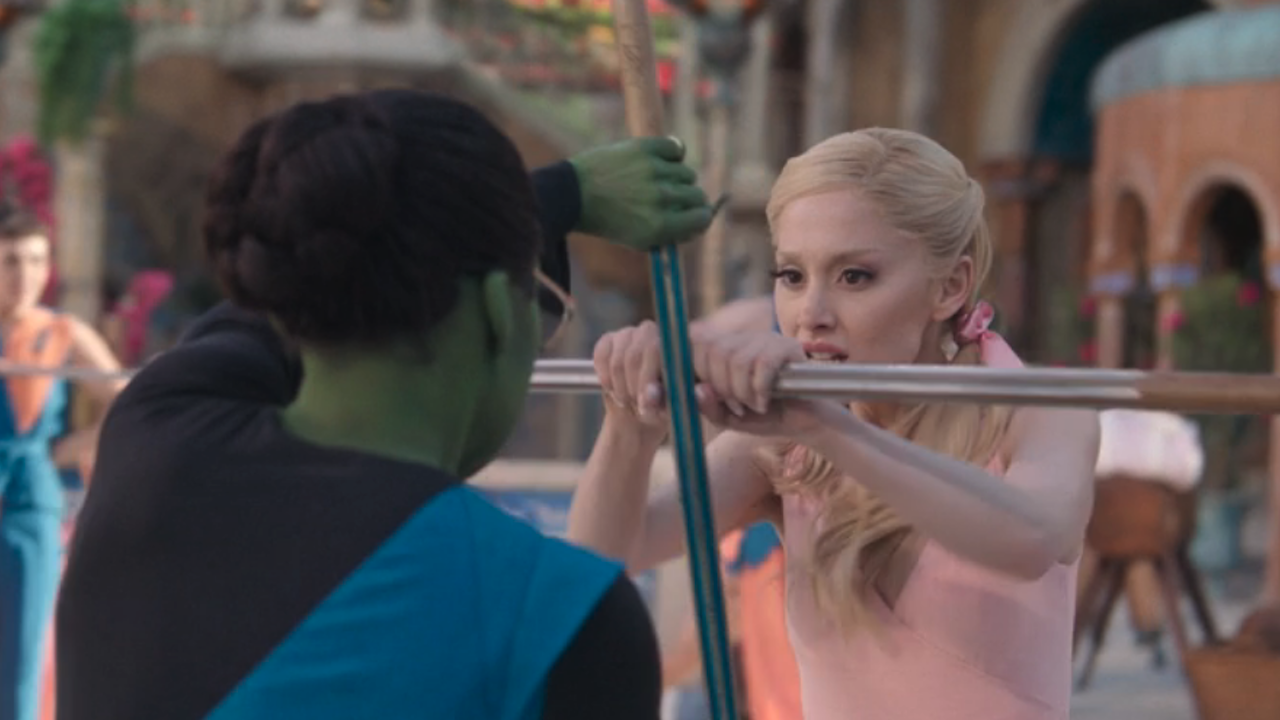
The Wicked Book Makes The Romantic Undertones To Glinda And Elphaba’s Relationship Canon
With all that history in context, let’s move over to Gregory Maguire’s 1995 novel, Wicked: The Life and Times of the Wicked Witch (which became a series of four books). The novelist, who is gay himself, decided to explore the origin story of the Wicked Witch through his book series before it would become the hit musical a few years short of a decade later that we all know and love. After years of readers sensing some romantic tension between Elphaba and Glinda in the book, including through the characters sharing a kiss in one moment, Maguire said this to Them in 2024:
Your Daily Blend of Entertainment News
That was intentional, and it was modest and restrained and refined in such a way that one could imagine that one of those two young women had felt more than the other and had not wanted to say it. Or perhaps because a novelist can't write every scene, perhaps when the lights were out and the novelist was out having a smoke in the back alley, the girls had sex in the bed on the way to the Emerald City. I wanted to propose this possibility, but I did not want to make a declarative statement about.
In the book itself, Elphaba and Glinda never get into an official relationship together, but there’s absolutely some romantic tension between the pair throughout in a way that could be seen as a romance for those who want to ship them, or a complex friendship for those who want to see it too. As Maguire shared in the above statement, he didn’t want to make a “declarative statement” about their relationship, and so he didn’t. This certainly carries over to the musical and the movie, though there is never a kiss in the musical from Stephen Schwartz.
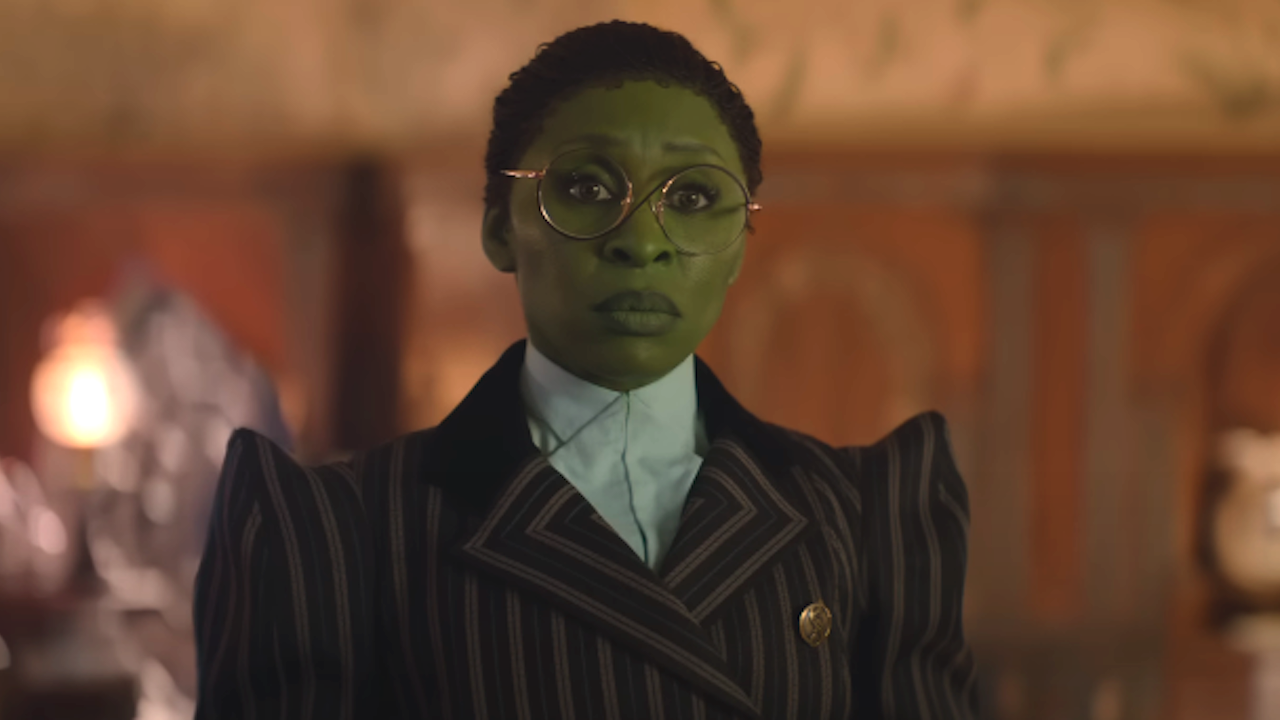
Elphaba’s Arc Is A Queer Allegory, Too
When it comes to Wicked the book and musical, it’s also worth noting that aside from a hint of romance between its two main female characters, perhaps even greater is the queer allegory at the center of Wicked Witch’s arc. In both versions Elphaba, has to deal with the ramifications of being different (since she has green skin), and through her journey to become the Wicked Witch she accepts herself for who she is. Particularly through the song “Defying Gravity,” she finds power in being green, and chooses to lean into it rather than hide who she is. The song is thought of a gay anthem just like The Wizard Of Oz’s “Somewhere Over The Rainbow”.
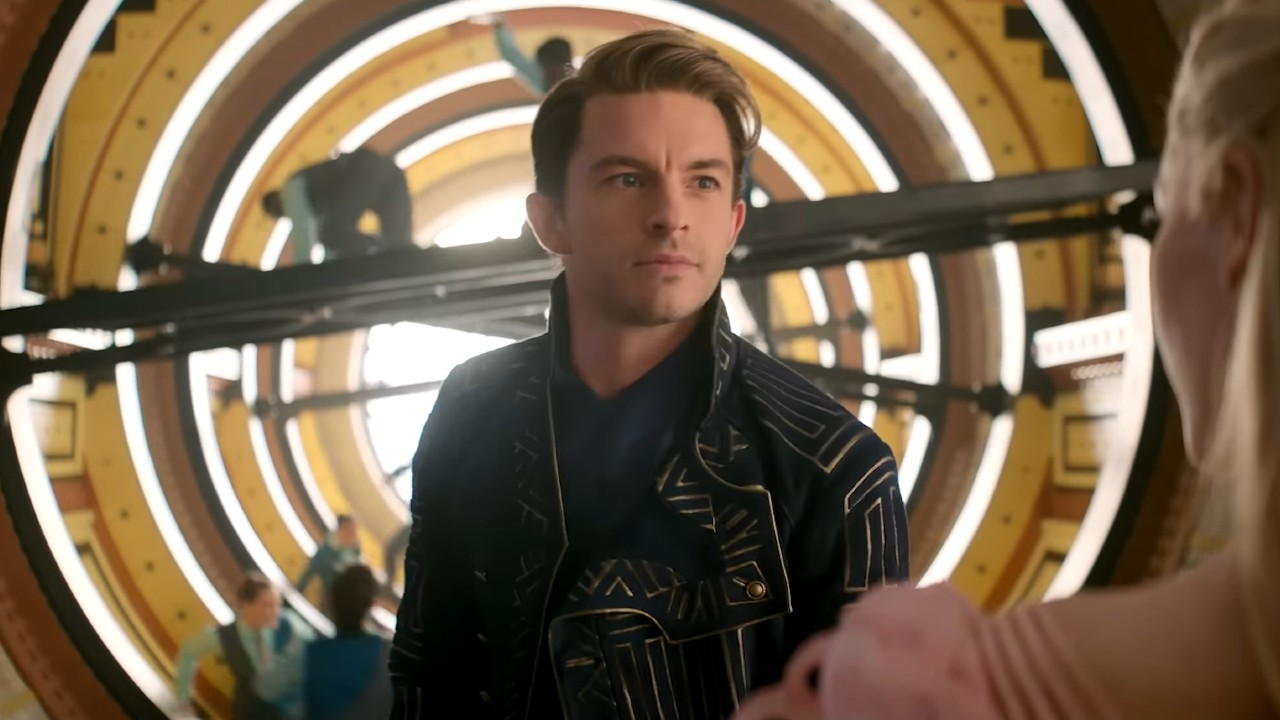
The Movies Feature Numerous Queer Actors
And when it comes to the cast of the Wicked movies, the production has stayed true to the queer history of the title by casting predominantly LGBTQ+ actors in many of the main roles. Cynthia Erivo (Elphaba), Jonathan Bailey (Fiyero). Marissa Bode (Nessarose), Bowen Yang (Pfannee) and Bronwyn James (ShenShen) are all queer actors.
So, there’s no doubt The Wizard of Oz and Wicked belong to the LGBTQ+ community, and have connected so deeply to the queer community for years. But perhaps what sets it apart from other more niche new LGBTQ+ movies is that the beauty of the Wonderful World of Oz is how it’s made to appeal to everyone. Whether you are a gay person who loves the Glinda/Elphaba relationship, or someone with no ties whatsoever to this context, it’s clearly been made for anyone to enjoy and feel connected, and will continue to for generations to come. We can’t wait for Wicked: For Good, which is part of the 2025 movie release calendar to hit theaters on November 21.
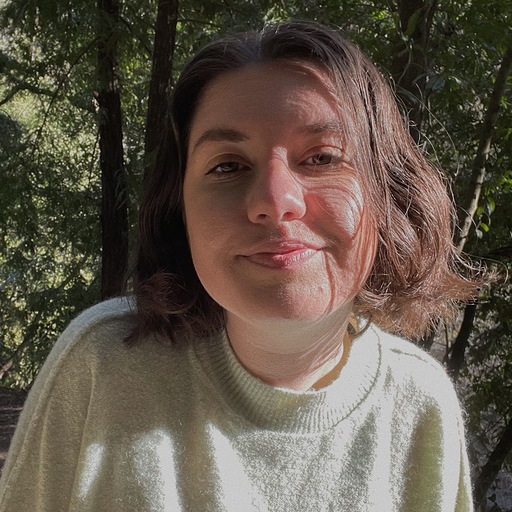
Sarah El-Mahmoud has been with CinemaBlend since 2018 after graduating from Cal State Fullerton with a degree in Journalism. In college, she was the Managing Editor of the award-winning college paper, The Daily Titan, where she specialized in writing/editing long-form features, profiles and arts & entertainment coverage, including her first run-in with movie reporting, with a phone interview with Guillermo del Toro for Best Picture winner, The Shape of Water. Now she's into covering YA television and movies, and plenty of horror. Word webslinger. All her writing should be read in Sarah Connor’s Terminator 2 voice over.
You must confirm your public display name before commenting
Please logout and then login again, you will then be prompted to enter your display name.
